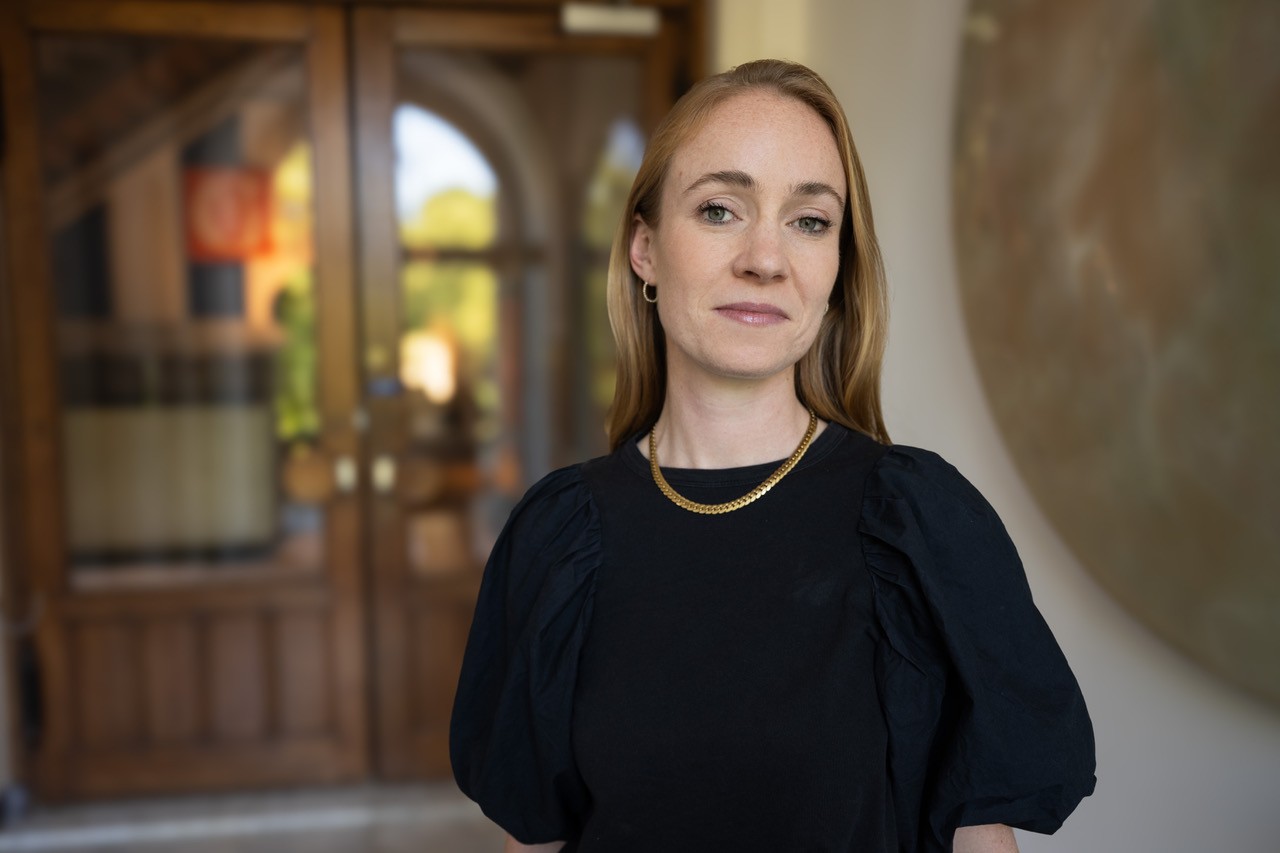Registered partnership: what you need to know
In recent years, fewer and fewer people are married in the Netherlands. At the same time, the number of people entering into a registered partnership is increasing. However, a registered partnership is relatively unknown outside the Netherlands. This article explains what the consequences of a registered partnership may be for you, what the differences between a marriage and a registered partnership are and how a registered partnership is dealt with abroad.
The consequences of a registered partnership
Just as with a marriage, you need at least two witnesses to enter into a registered partnership.
In short, the consequences of a registered partnership are the same as the rights and obligations of a marriage. In both a marriage and a registered partnership, you are obliged to provide each other with the necessary provisions, if there is no will you automatically become each other’s heirs, and you can choose to bear each other’s name.
If you enter into a registered partnership without making partnership conditions, since 1 January 2018 you enter into a registered partnership in limited community of property. As with a marriage, from 1 January 2018, all your and your partner’s assets and liabilities become common from that moment, with the exception of inheritances and gifts obtained. When entering into a registered partnership, you can also choose to draw up partnership conditions. In this agreement you can, just as with a prenuptial agreement, arrange your finances in the way you wish should you separate in the future.
If you and your partner have a child within the registered partnership, the consequences are also the same as with a marriage. You both automatically become the legal parent of your child and you both automatically acquire the parental authority over your child.
Differences with a marriage
Nevertheless, there are a number of differences between marriage and registered partnership.
- At a wedding, the partners formally say ‘’I do”. This is not mandatory when entering into a registered partnership.
- If you do not have children and you agree with each other, you can terminate a registered partnership without the intervention of a judge. Instead, you can go to a civil-law notary or a lawyer to dissolve the registered partnership. When dissolving a marriage, you always have to go to court.
If you want to have your registered partnership dissolved and you do have children together, you must, just as with a marriage, draw up a parenting plan and go to court. - The registered partnership does not have legal separation. In case of a marriage this is (still) possible.
It is also possible to have a registered partnership converted into a marriage. The other way round, this is not possible.
The registered partnership outside the Netherlands
Marriage is known worldwide. However, the concept of a registered partnership is much less known. Some countries do not know the registered partnership at all. In other countries, the registered partnership is recognised, but the rights and obligations that go with it may be different. In these countries, the consequences of the registered partnership may be different than in the Netherlands. This depends on the rules of the country.
If you have entered into a registered partnership in the Netherlands, but intend to move abroad, it is therefore important to check whether the registered partnership is recognised in the country of destination. If that country has a registered partnership, it is important to find out before your departure what consequences the registered partnership will have for you in this country.
Be aware of the possible different rights and obligations.
Do you need legal advice?
Please contact us; we will be glad to help.


